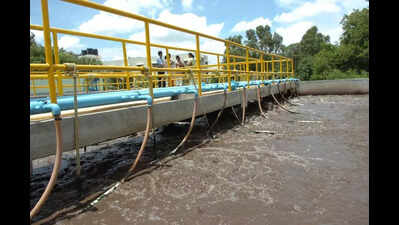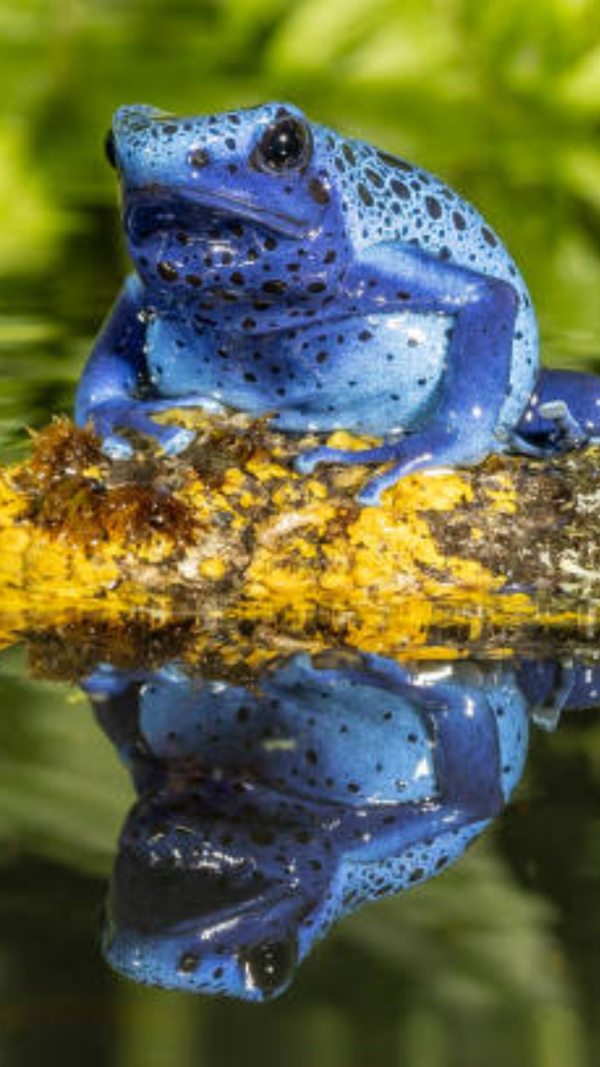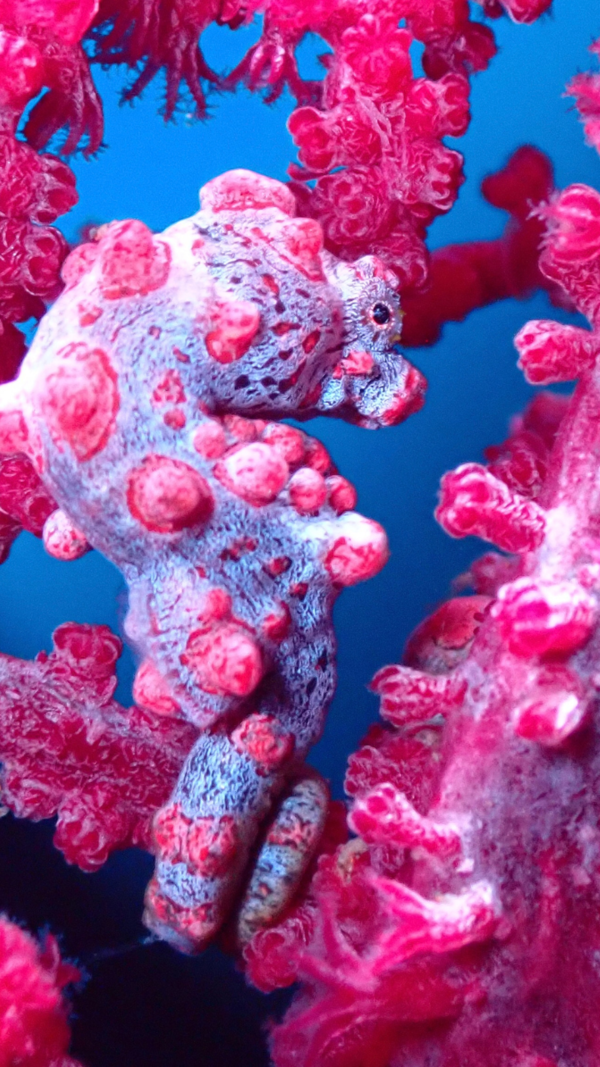- News
- City News
- chandigarh News
- Pollution control board flags major violations at ETPs in Ludhiana
Trending
Pollution control board flags major violations at ETPs in Ludhiana
Chandigarh: The Central Pollution Control Board (CPCB) flagged serious lapses and non-compliance at common effluent treatment plants (CETPs) in Ludhiana, raising environmental concerns over unchecked discharge of industrial waste into Budha Nallah, which drains into the Sutlej river.
The findings came amidst an ongoing case before the National Green Tribunal (NGT) concerning the alleged pollution caused by dyeing units in the city.
A CPCB team conducted inspection-cum-performance evaluations of four CETPs—set up to treat wastewater discharged by textile and dyeing industries. The inspections revealed glaring violations of environmental norms, operational inefficiencies, and a complete disregard for mandatory disposal conditions laid down in environmental clearances issued by the ministry of environment, forest and climate change (MoEF&CC).
At the 40 MLD CETP on Tajpur Road, the team found treated water being discharged into Budha Nallah through an underground pipeline—directly violating a key condition of the 2013 environmental clearance, which mandated reuse of treated water for irrigation and strictly prohibited disposal into Budha Nallah. Lab reports showed effluent parameters far exceeding permissible limits, with Fixed Dissolved Solids (FDS) recorded at 3,760 mg/l against the limit of 2,100 mg/l, sulphide at 3.6 mg/l (limit: 2 mg/l), and chloride at 1,805 mg/l (limit: 1,000 mg/l). The CETP was also found operating without valid consent under the Water (Prevention and Control of Pollution) Act, 1974. Additionally, significant discrepancies between lab data and Online Continuous Effluent Monitoring System (OCEMS) readings pointed to poor calibration.
The 15 MLD CETP at Bahadur Ke Road failed to meet prescribed standards for Chemical Oxygen Demand (COD), BOD, FDS, and chloride. It also fell short of Punjab Pollution Control Board's (PPCB) stricter standards for discharge into Budha Nallah, particularly regarding COD, BOD, sulphide, and phenolic compounds. Though originally intended to be a zero liquid discharge (ZLD) plant, it was allowed to operate temporarily in a non-ZLD mode under Phase I. However, the last consent to operate expired on January 4, 2023, and has not been renewed. The plant continues to discharge effluent into Budha Nallah without valid consent and in violation of pollution norms.
The 500 KLD CETP in Phase VIII, Focal Point, was also found non-compliant, specifically with respect to sulphide and nitrate parameters.
In light of these widespread violations, CPCB has directed the Punjab Pollution Control Board to initiate strict action against the erring CETPs. The report has raised alarms over the environmental and public health impacts of untreated or poorly treated effluent being released into natural water bodies, especially the ecologically stressed Budha Nallah.
MSID:: 120616705 413 |
End of Article
Follow Us On Social Media










